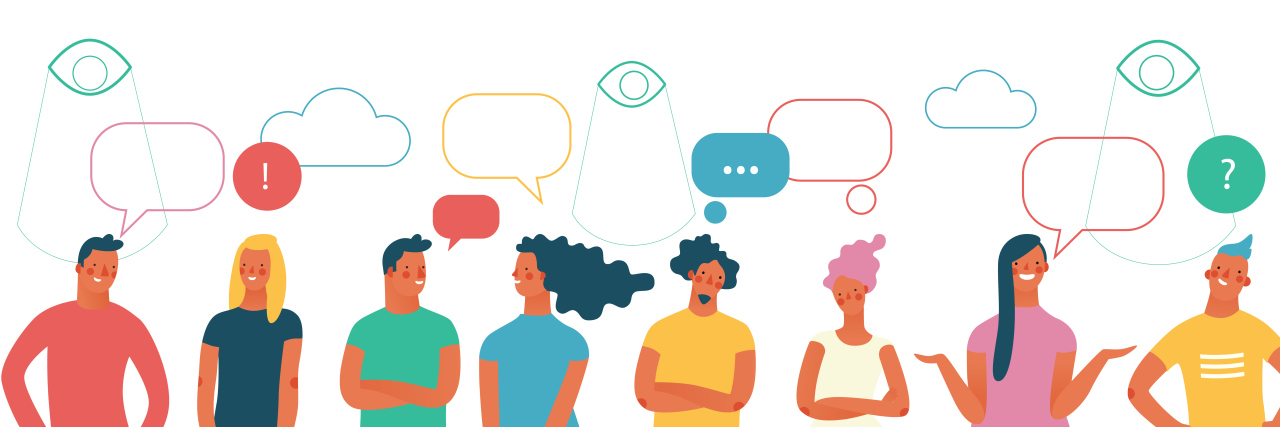How to Answer the Question 'What Do You Do?' as Someone Who Can't Work
It’s not uncommon when you first meet someone for them to ask that dreaded question, “So what do you do?” Especially in the U.S., people tend to define and value others by their work. It’s usually a good ice breaker, but what if you have an invisible disability? Especially if you are on disability benefits, it’s difficult to know how much to share.
While there is no shame in being on disability, it can still make for some very awkward conversations. People don’t always know how to respond. Often disclosing that you are on disability is a very quick way to end a conversation, and you might not want that.
I do a little freelance writing. I’ve only been published a few times, so it’s hardly my job. I have yet to be paid for anything I write. I could answer that dreaded question by saying I do some freelance writing from home. While not a lie, it feels disingenuous. Sometimes I say I used to be a pharmacist, but the job was very stressful and took a toll on my health so I had to quit. That’s absolutely true. I don’t necessarily have to explain what I did after I quit. How I survive without a regular job is really no one’s business.
If you are getting to know someone you think could become an important person in your life, honesty is probably the best policy. If they are going to judge you for having an illness or being on disability benefits, you don’t want them in your life. Better to find out early, before you’ve invested a lot in the relationship.
If you’re casually meeting folks at a party it’s probably better not to go into the kinds of details that can be uncomfortable. People don’t need to know your life story. It’s a good idea to come up with a pat answer so that you won’t be taken off guard. This could be anything from, “I used to be a ____,” to “I stay busy with my kids or grandkids,” or simply, “I don’t work outside the home now.” You could also talk about any volunteer work you might do. If they push, you can choose whether to be honest or change the subject. You don’t owe anyone an explanation.
Perhaps the most insidious aspect of the “What do you do?” question is our own internal stigma. I was raised in a conservative family with a strong work ethic. No one is harder on me than me. I struggle daily with the idea of being on disability, especially since I was one work credit short of being able to get SSDI. I was approved for SSI, but that has the added stigma of being a welfare program. I still have internal arguments with myself about whether I could possibly work. But I know the truth is I’m healthier when I don’t work. Work has always made me manic, and the depressions that followed became more and more serious. Quitting my high-stress job literally saved my life. I know now that if I plan to be around to watch my grandchildren grow up, I’ll have to put my mental health first, and for me that means not working.
Remember that you can have a fulfilling life without a traditional job. You might have to work at changing your expectations and prejudices. You should minimize contact with anyone in your life who is not fully supportive of your efforts to stay healthy. You don’t owe anyone an explanation. You matter. You are enough just as you are. We still need you here. You have value.
Getty image by Grivina.

